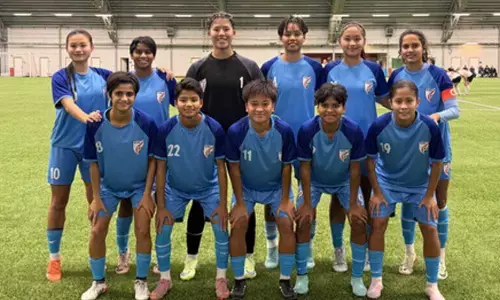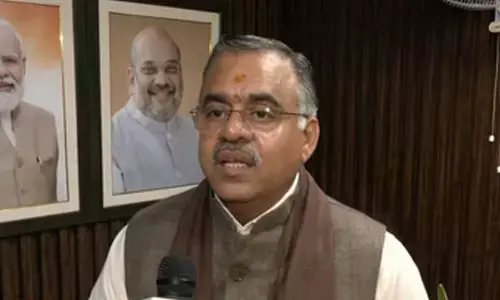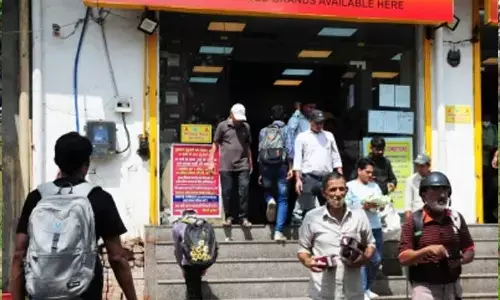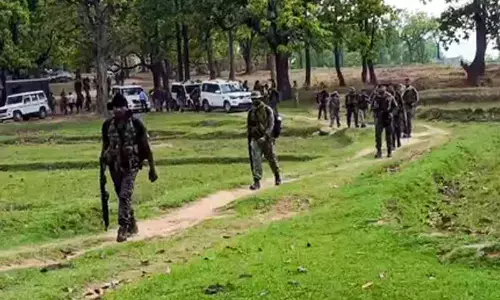Tribals pushed into flesh trade
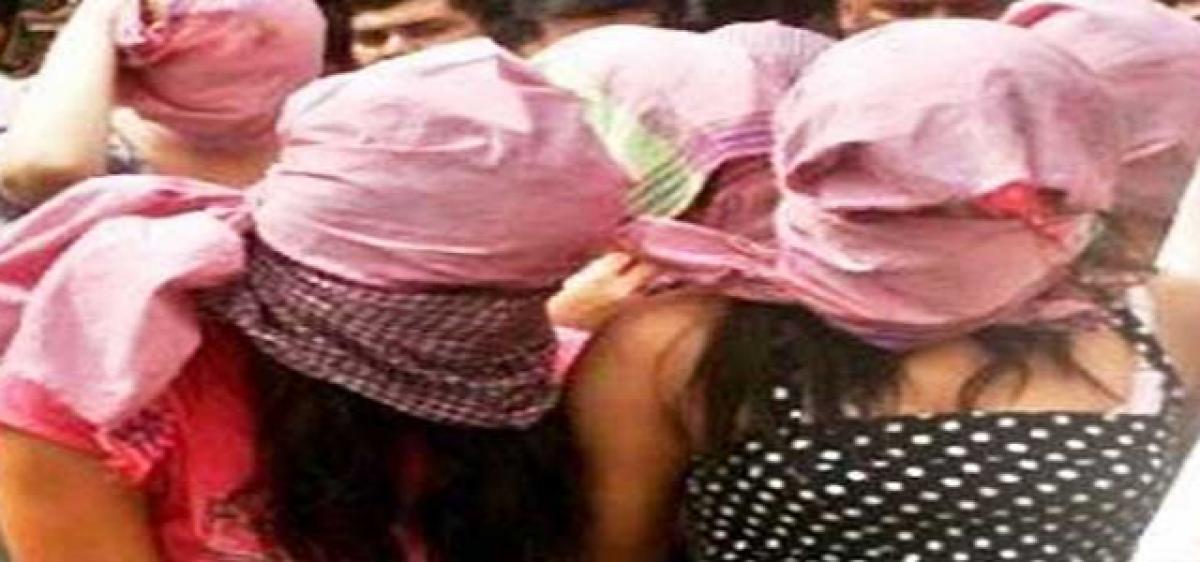
As the funds from the United Nations Office of Drugs and Crimes (UNODC) failed to trickle in, the agency tracks spread over West Godavari, East Godavari, Visakhapatnam, Srikakulam and Vizianagaram districts witnessed a spurt in incidence of women trafficking involving tribal women.
Vijayawada: As the funds from the United Nations Office of Drugs and Crimes (UNODC) failed to trickle in, the agency tracks spread over West Godavari, East Godavari, Visakhapatnam, Srikakulam and Vizianagaram districts witnessed a spurt in incidence of women trafficking involving tribal women.
According to a tribal activist from Buttayagudem in West Godavari district, traffickers established a network of brokers to trap adivasi women in Jangareddygudem, Buttayagudem and Rajamahendravaram.
A similar network is established at major centres in the Visakha agency also. The tribal women are allegedly subjected to trafficking for sex work in Singapore, Gulf countries and red light areas in Mumbai and the other metros within the country.
“We have no accurate official data on the incidence of trafficking in the agency. But the trend has been rapidly assuming alarming proportions in the last two years,” said J Babji of the Medha Patkar’s National Alliance for People’s Movement (NAPM).
Human rights activist VS Krishna from Visakhapatnam said loss of livelihood caused by major irrigation projects and cultural onslaught unleashed by TV and mobile made the tribal women prone to trafficking desperately in search of alternative livelihoods.
Incidentally, more than 1.5 lakh adivasis have been displaced from their traditional source of livelihood depending on forests due to the Polavaram project in the twin Godavari districts, according to official data.
It is feared that the bauxite mining, if it takes place in the two blocks in the Visakha Agency, and Purushothampatnam lift scheme proposed by the government on the left main canal of the Polavaram project will cause immense loss of habitat for the tribals.
Babji said the tribal women have been getting exposed to alien and the so-called modern culture after Araku emerging as a tourist hub. The adivasi women have been drafted by the operators of the tourism projects for performing Rela and the other folk dances to regale the visitors.
The tourism projects and resorts, which have received a big boost during the present TDP regime, are allegedly gobbling up vast tracks of lands in the agency under cultivation by tribals. Faced with massive displacement, the tribals are migrating into plains and the cities to work as construction workers and agriculture labour, Babji said.
The state government has established Anti-Human Trafficking Units in vulnerable areas with Eluru as the head office by the police department for the coastal region in 2007 to check trafficking. The UNODC started funding the activity since then and continued with the mission till 2010.
A police officer in the rank of Sub Inspector in Visakhapatnam city told The Hans India that there is no work for the AHT Units as there are no trafficking cases reported since 2014.
“In fact, we have received only one woman trafficking case in 2014. Since then no case is reported,” he said. The AHTU was constituted with Anakapalli Sub-Divisional Police Officer as its head in 2007.
The SDPO has been detached from the AHU and the unit is attached to the District Crime Records Bureau (DCRB). Similar is the situation in all the coastal districts, the sources said.


